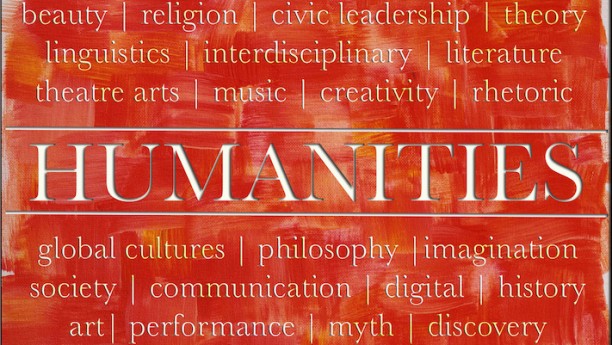The value of an education in a liberal arts college is the training of the mind to think something that cannot be learned from textbooks. -Albert Einstein
The arts and humanities define who we are as a people. That is their power ― to remind us of what we each have to offer, and what we all have in common. To help us understand our history and imagine our future. To give us hope in the moments of struggle and to bring us together when nothing else will. –First Lady Michelle Obama
Policy makers often place emphasis and focus on the importance of a STEM (science, technology, engineering and mathematics) education. However, as of late, the case has been made that the arts and humanities should be an integral part of a STEM education. Studying humanities in higher education allows a mind to question and to think outside the box in non-traditional methods which can manifest in the workplace through the usage of critical thinking and invaluable problem solving skills.
In a recent article by Scott Samuelson of the The Wall Street Journal he cites a study that was released in January by the Association of American Colleges and Universities’ analysis of Census Data tracking long-term earnings and employment rates of almost 3 million American Liberal Arts graduates. The study found that between ages 55 and 60—“peak earning years”—men and women who majored in the humanities or social sciences earned on average at least $2,000 more than those who majored in professional or pre-professional fields.
The study further indicated that businesses and employers were aggressively seeking to employ graduates who possessed “a demonstrated capacity to think critically, communicate clearly and solve complex problems.” These are the sorts of skills that who pursue an education that includes the humanities often will receive, providing an additional benefit to increased earning potential.
Nicholas Kristoff of The New York Times tells us to not dismiss the humanities so easily in this digital age. According to Kristoff, digital advancement is vital; however, humanities education enriches our souls. He states – “Our world is enriched when coders and marketers dazzle us with smartphones and tablets, but, by themselves, they are just slabs. It is the music, essays, entertainment and provocations that they access, spawned by the humanities, that animate them — and us.”
Perhaps the best reason for studying humanities or rounding out an education with classes that stress humanistic inquiry can be best conveyed in this video created by the Stanford University Humanities Center. In the video, Harry Elm, Vice Provost for Undergraduate Education at Stanford states, “The more people know about the humanities, the more people can understand the world around them.”





